Orthodox Christians in Europe, Africa and the Middle East celebrated Orthodox Easter on Sunday.
Iran (IMNA) - The Eastern Orthodox Church follows the Julian calendar, first proposed by Julius Caesar in 46 BC, rather than the Gregorian calendar adopted by Catholic Pope Gregory XIII in 1582. This means the holiday typically falls later than Easter Sunday in Western Christian tradition.
Orthodox Easter can sometimes fall at the same time as Western Easter, the last time being in 2017 when both celebrations occurred on April 16. But it won't happen again until 2025.
Orthodox Christians in Europe, Africa and the Middle East celebrate Easter on the later date, determined by the older Julian calendar.
While the holiday often falls on a different date than Easter Sunday, both Christian festivals celebrate the resurrection of Jesus, and serve as the most important date on their respective religious calendars.
Greek Orthodox Easter marks the end of "Great Lent" a 40-day period of fasting from Clean Monday until "Pascha," Easter Sunday.
Most of the world’s approximately 260 million Orthodox Christians live in Central and Eastern Europe, and an additional 15% live in sub-Saharan Africa, according to a 2015-16 Pew Research Center study.
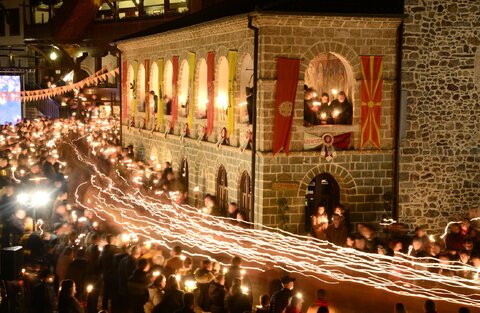
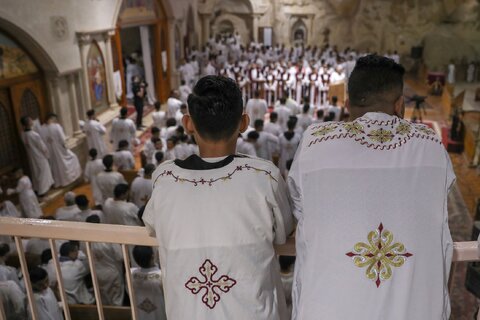
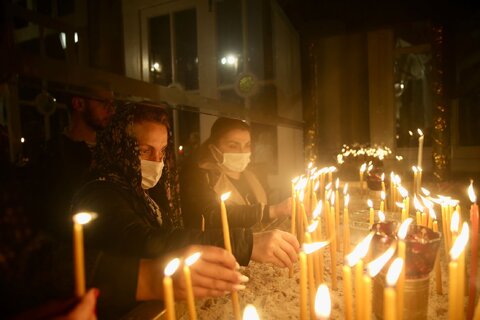

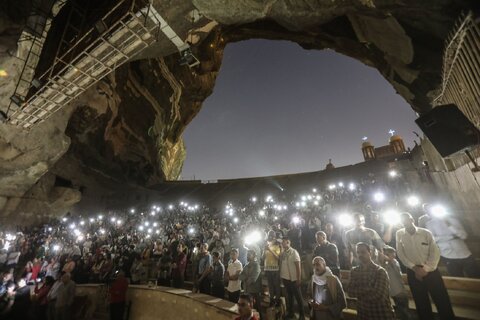
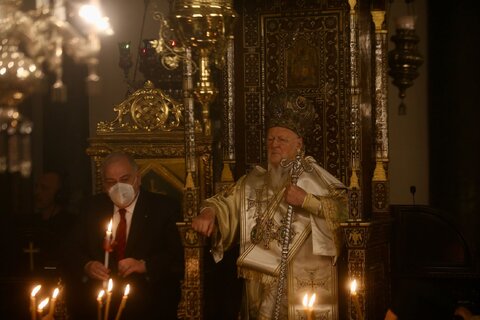
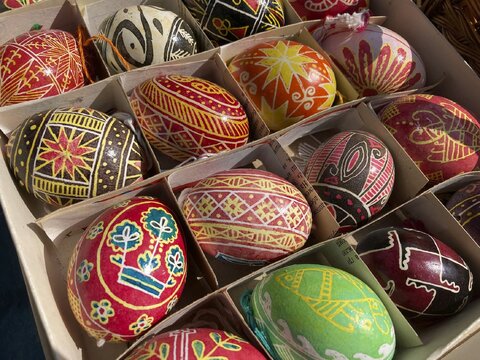
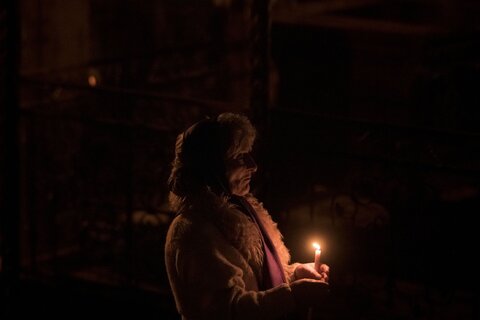
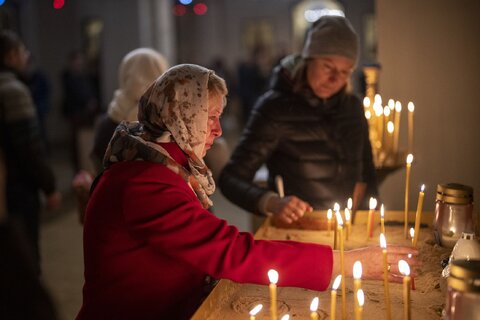
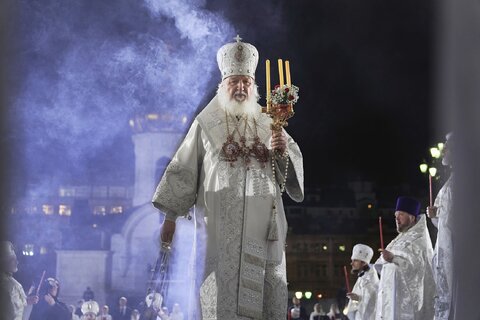
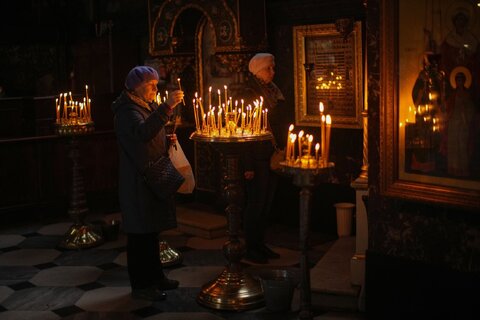
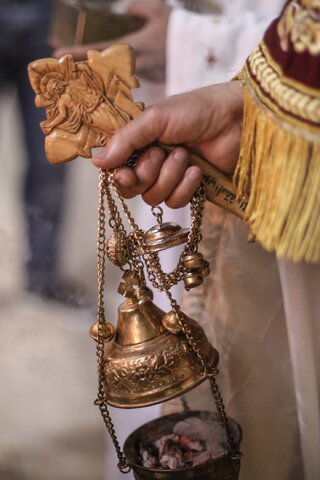
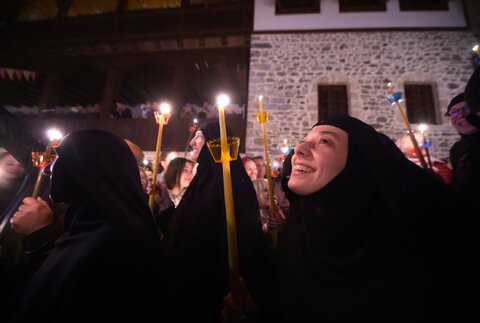
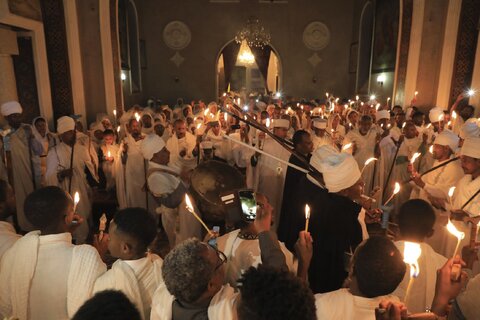
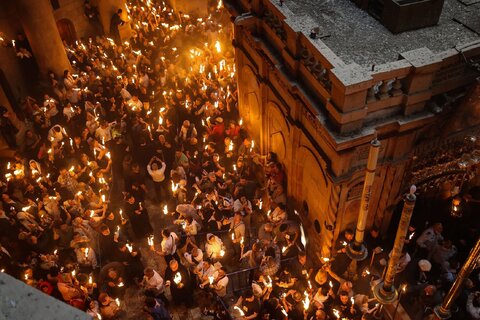

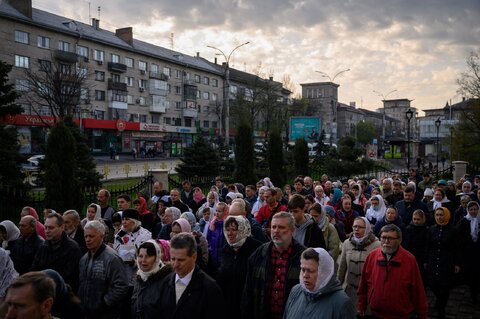
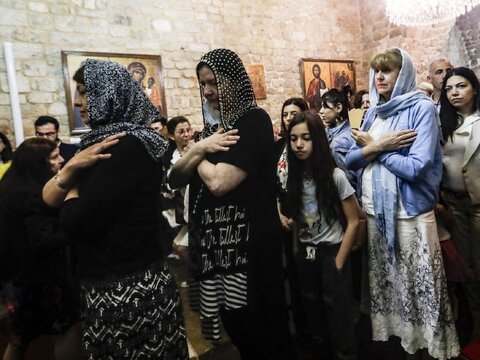
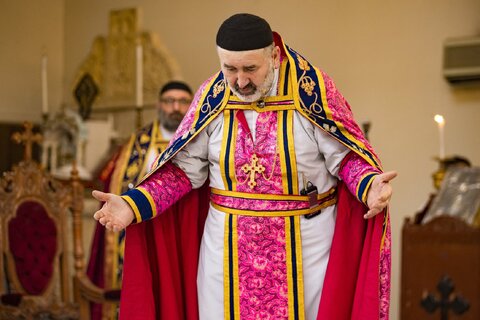

Your Comment